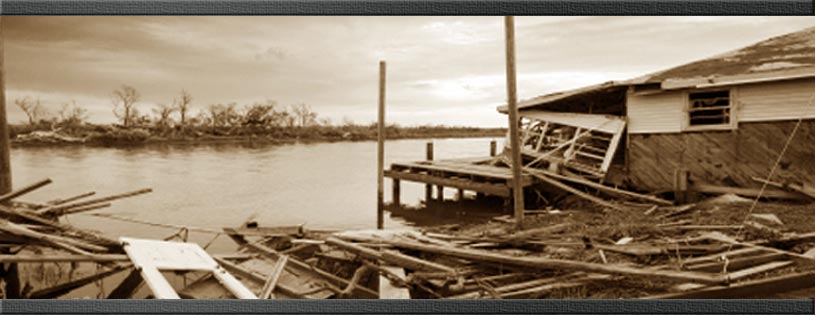Post Traumatic Stress Disorder (PTSD) and Trauma
For most, the evolution of emotional problems begins in the early developmental years and gradually progresses to compromise life in significant ways.
But there are incidents that occur which are so profound, so disastrous, and so catastrophic that the events overwhelm every internal system. The consequence is the shattering of the internal sense of self as well as the self-regulating physiological systems. Trauma is an event outside normal human experience. Traumaleaves you feeling powerless, helpless, paralyzed and confused. Trauma is sudden and overwhelming. It owns you.
Visualize a drop of mercury falling to the floor and fracturing into a thousand tiny beads, and you will have an idea of the impact of a catastrophic event upon the self. It is shattering. It is horrific. It is life altering. The skills that make us human are fragmented–our capacity to trust, to love, to relate, to tolerate being in our own skin and, most importantly, to feel safe.
Emotions once experienced and modulated are unavailable, out of control and even foreign. Pleasures once enjoyed are no longer of interest; goals once sought are lost, and the desire for closeness is replaced with a need for distance and detachment.
These effects may be lifelong. We are never able to return to the self we were prior to the trauma. We must adapt to the change.
Symptoms of psychological trauma include a state of autonomic hyperarousal with hypervigilance, an enhanced startle reaction and insomnia. Anxiety and depression are common, and suicidal ideation is often present. Excessive use of alcohol or drugs may be a complicating factor.
PTSD may involve episodes of repeated reliving of the trauma in intrusive memories (flashbacks) or dreams. These may occur against the persisting background of a sense of numbness and emotional blunting, detachment from other people, unresponsiveness to surroundings, inability to experience pleasure, and avoidance of activities and situations reminiscent of the trauma. Commonly there is fear and avoidance of cues that remind the sufferer of the original trauma.
Anyone who has gone through a life threatening event can develop PTSD. These events can include:
- combat or military exposure
- childhood sexual or physical abuse
- terrorist attacks
- sexual or physical assault
- serious accidents, such as a car wreck
- natural disasters, such as a fire, tornado, hurricane, flood or earthquake
From my tour of duty in the United States Marine Corps to my thirty five years of clinical experience, I have seen trauma occur, and I have treated the consequence of trauma. I do not find the standard recommended courses of treatment for PTSD & Trauma to be effective, that is, cognitive-behavior therapy and/or utilization of one of the SSRI drugs. Both are superficial approaches to treating the disorganized self.
The therapeutic work with those suffering from PTSD or other effects of trauma is long and difficult. With a seasoned therapist, psychotherapy can enable the patient to rebuild the self, and to live and love once again.
![]()

